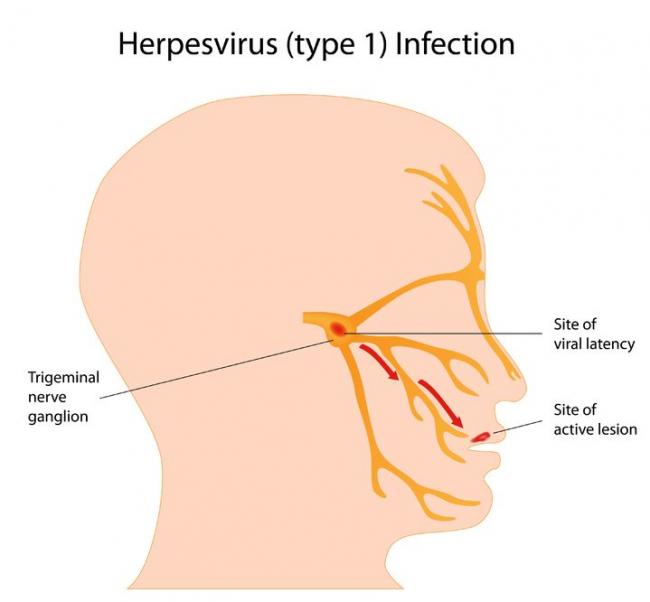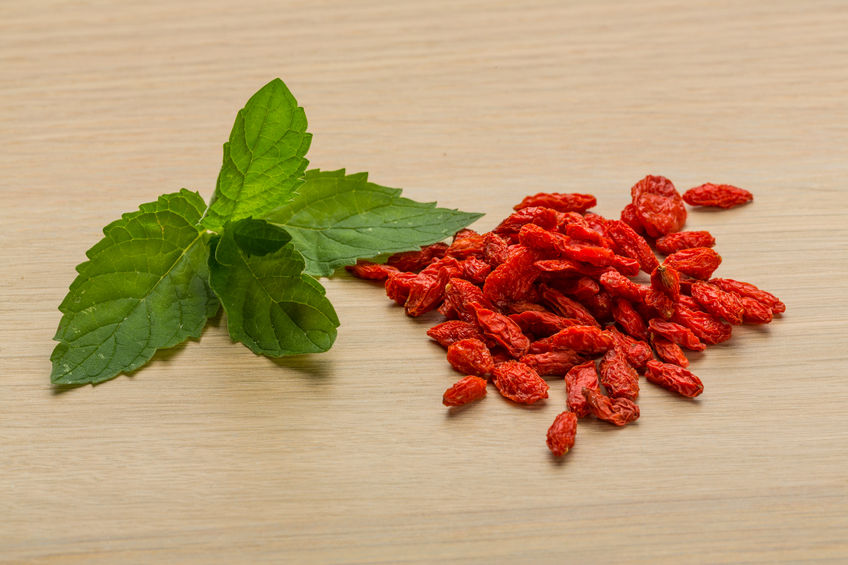Abscisic acid improves glucose tolerance
Newsletter
Your subscription could not be saved. Please try again.
You've successfully subscirbed to Naturopathic Currents monthly newsletter!
Most Popular
- 09 Jul 15
- 20 Sep 19
- 09 Nov 15
- 17 Jun 13
- 17 Jun 13
- 17 Jun 13
- 01 Jul 13
- 17 Jun 13
- 17 Jun 13
- 17 Jun 13
- 01 Jul 13
- 17 Jun 13
- 17 Jun 13
- 17 Jun 13
- 01 Jul 13











